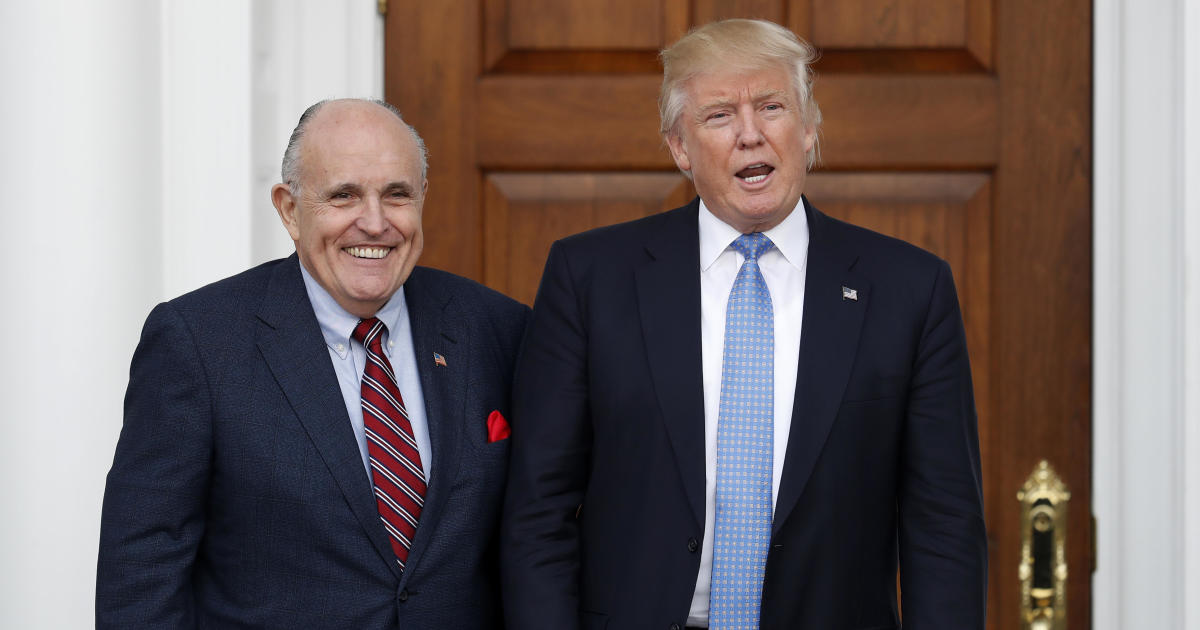
LONDON — When Boris Johnson takes the stage Wednesday at the Conservative Party Conference, an annual get-together at which activists and lawmakers debate policy, chitchat and buy memorabilia, he will stand in front of banners proclaiming a three-word policy: “Get Brexit Done.”
He may wish it was that simple.
With the Brexit deadline set for Oct. 31, it’s still unclear whether the United Kingdom will leave the European Union on time, or at all. The seemingly never-ending divorce has become mired in furious debate and legal battles.
All of which means the U.K. is highly likely to face an election, and soon.
U.K. elections are supposed to happen every five years but Johnson can call for one at any point — as long as two-thirds of lawmakers in the House of Commons vote in favor.
Johnson has already failed to trigger an election several times, but one could also take place if the prime minister loses a vote of confidence, which has long been threatened by opposition members of Parliament.
It’s set to be a turbulent and fractious occasion in which the prime minister pitches himself against Parliament and lawmakers who would “surrender” to the E.U. as U.K. politics continues to borrow tactics and tone from President Donald Trump.
The Brexit debate illustrates how U.K. politics continues to ape the partisan nature of U.S. politics and the aggressive sloganeering of President Donald Trump, according to Simon Usherwood, a politics professor at the University of Surrey.
“It’s not just Trump, it feels a very American style, the way the debate has been over the past decade or more, with echoes of culture wars and people being entrenched deep in their bubbles and speaking to their base rather than reaching out,” he said.
“Trump’s willingness to shout down opponents and question their motives and accuracy and everything else about them — I don’t think we’ve quite got to that stage, but the happiness of No. 10 to just keep on arguing [with their rivals] I think is quite striking,” he said, using shorthand to describe the prime minister’s official residence.
At the moment, Johnson’s government is achieving very little.
The prime minister attempted to suspend Parliament for five weeks, only for the U.K.’s highest court to rule he had done so illegally, misleading the Queen in the process.
And he may not be able to make Brexit happen at all, at least not this year: Parliament has already passed a law forcing Johnson to ask the E.U. for a third extension to the Brexit process, keeping the U.K. inside the bloc until at least Jan. 31.
To the dismay of lawmakers who accuse him of using inflammatory language, Johnson calls the law a “surrender bill” as it removes the threat of a “no-deal” Brexit in which the country leaves without a divorce deal, something Brexiteers see as key to forcing concessions from the E.U.
In a fiery debate last week in the House of Commons, Johnson was condemned by lawmakers for his incendiary language, such as repeatedly accusing lawmakers of “sabotaging” the U.K.’s exit from the E.U.
A visibly upset Labour lawmaker, Paula Sherriff, told Johnson: "We're subject to death threats and abuse every single day. And let me tell the prime minister that they often quote his words: 'surrender act,' 'betrayal,' 'traitor.'"
Johnson dismissed her out of hand.
"I've never heard such humbug in all my life," he said, essentially accusing Sherriff of being deceptive.
Johnson also brushed away reminders that lawmaker Jo Cox was stabbed and shot to death a week before the 2016 Brexit referendum by a far-right attacker shouting "Death to traitors!"
“The people outside this house understand what is happening,” he said. “The leader of the opposition and his party don’t trust the people.”
The Scottish National Party legislator Joanna Cherry, whose legal challenge in the Supreme Court ended Johson’s suspension of Parliament, said the House of Commons had been “treated to the sort of populist rant one expects to hear from a tin-pot dictatorship.”
John Bercow, the Commons speaker, who will step down later this year, said the atmosphere during the debate was “worse than any I've known in my 22 years in the House.”
None of these admonitions appear to have had an effect on Johnson, who is intent on delivering Brexit to his Conservative Party base.
But as he has no majority in the House of Commons, meaning he can’t force through any new laws or change old ones — that also means he can’t currently get a Brexit bill through Parliament, a necessary step before the U.K. leaves.
A second Brexit referendum at this point seems unlikely, so the road ahead leads to an election. But it’s laden with risk.
“The danger in the Conservatives choosing that option [a people versus Parliament election] is it’s been flagged well in advance so it gives opponents more time to think of ways to counteract it or take the edge off,” Usherwood said.
“There’s this assumption there’s this big master plan, a big diagram somewhere in No. 10, but it doesn’t really have the feel of this is how it was supposed to be. That doesn’t look like a master plan. It looks a bit more improvised and panicky.”
In previous elections, Britain has seen the Conservative Party going head-to-head with the opposition Labour Party — a classic left-versus-right battle pitching a strong privately-owned economy against state intervention and higher spending.
Voters may next head to the polls with Johnson’s strident anti-establishment messaging about Brexit ringing loudest in their ears.
This isn’t the first time an election has been focused on the popular will versus elected officials.
“The language of the people against the government has quite a long history in our politics,” James Freeman, an expert in British political history, said.
“It’s not just the Labour Party attacking the government, or Johnson attacking Labour, it’s more about Parliament as an institution blocking Brexit,” he said.
“This idea that it’s a ‘Remainer Parliament,’ that’s new,” he added, referring to those who wanted to remain in the European Union.
As for the influence of Trump, Freeman pointed out that the phrase “Make Britain Great Again” was used by the Conservative Party as an election slogan more than once in the 20th century.
“Some of the people around [Johnson] are very familiar with why they think Trump has been successful, and probably there’s some crossover because Brexit happened before Trump got elected,” he said.
“National revival is a consistent theme in our politics, particularly on the Conservative side.”
It remains to be seen whether Johnson will find a way to make Brexit happen — but the effect of Brexit on any forthcoming election, and British politics and society at large, is inescapable.
https://www.nbcnews.com/news/world/boris-johnson-presses-u-k-elections-brexit-endgame-nears-n1061076
2019-10-02 08:07:00Z
52780396784013







